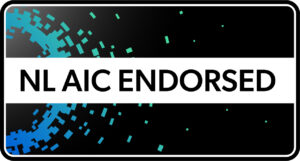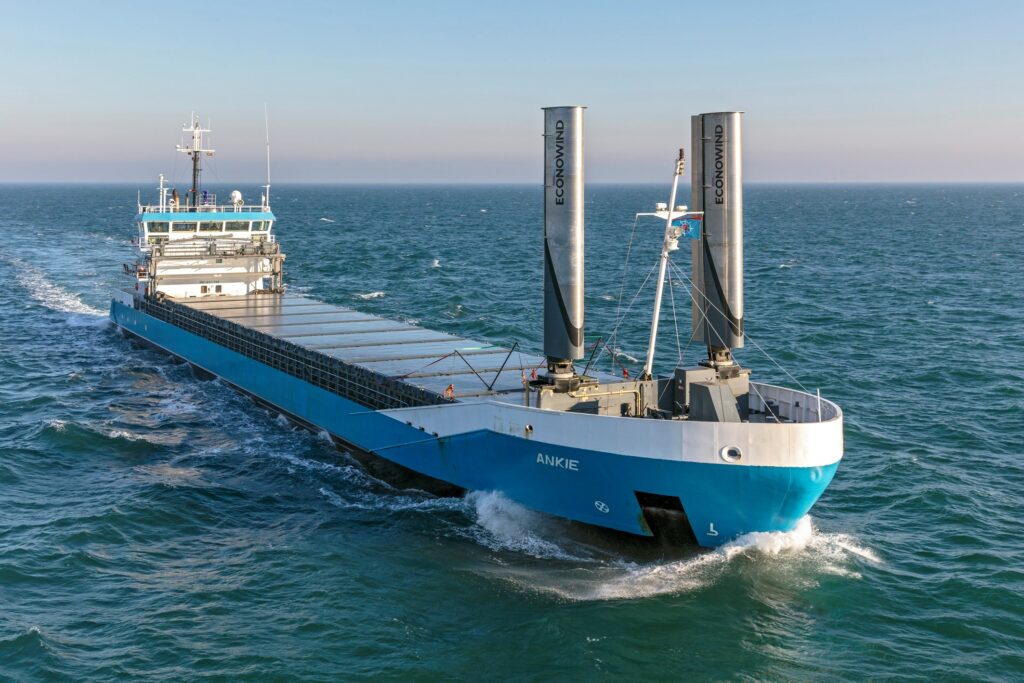Recently, the Rathenau Institute concluded* that “Dutch AI research [… has] a relatively strong focus on utilising AI for planning and decision-making processes, including social applications”. Many of these applications are in the public domain, such as in the social domain or for the energy transition. Unfortunately, this is not always without its challenges, as the courts’ ban on the SyRI system** made clear. When AI is not used responsibly for policy purposes, there is a risk of undermining confidence in the government.
The objective of the ELSA Public Policy Lab is to provide responsible and generalisable methodologies, processes and prototypes for data-driven policy development. The ELSA lab is building on policy development experiments using data and AI that were carried out by TNO from 2017 onwards. These experiments were about responsible use of data and machine learning for youth policy, for social issues in the transition to gas-free neighbourhoods and for an innovation monitor that helps policymakers make choices for innovation policy.
What types of solutions are offered to the end user?
The ELSA Lab for Public Policy focuses on further development of techniques that assist this responsible application of AI for governmental policy and decision-making, such as:
- Co-creation methods for responsible AI applications for policy and decision-making by policymakers, social partners, the public and the commercial sector.
- Governance models focused on transparency and accountability/responsibility of data-driven and AI-driven policy and decision-making.
- Prototypes for responsibly applying AI in policy and decision-making.
- Exploration of the impact – in the longer term in particular – of such AI applications on policy and decision-making processes, including the effects on professionals, the public, processes and organisational structures.
These lines of research focus on carrying out experiments jointly with the partners for social challenges and transitions, such as those involved in the social domain or the energy transition. These experiments provide an understanding of how AI can be used in policy, decision-making and regulations, as well as solutions for doing so.
Are we collaborating with other sectors?
The ELSA Lab for Public Policy is not sector-specific: it collaborates with various other sectors. The ELSA Lab focuses on policy and on the governmental sector in particular. In earlier experiments, the lab worked with the Ministry of the Interior and Kingdom Relations and with various provinces and municipalities.
What is the ultimate success this ELSA Lab can achieve?
The ultimate success would be that AI is used responsibly by various public authorities, with no mistakes made that may have adverse effects on the public. The result will thus be that the application has helped strengthen confidence in the government.
Awarded the NL AIC Label
 The Netherlands AI Coalition has developed the NL AIC Label to underline its vision for the development and application of AI in the Netherlands. An NL AIC Label formally recognises an activity that is in line with the aims and strategic goals of the NL AIC and/or the quality of that activity. NL AIC would like to congratulate the ELSA Lab for Public Policy.
The Netherlands AI Coalition has developed the NL AIC Label to underline its vision for the development and application of AI in the Netherlands. An NL AIC Label formally recognises an activity that is in line with the aims and strategic goals of the NL AIC and/or the quality of that activity. NL AIC would like to congratulate the ELSA Lab for Public Policy.
Interested in more information?
The ELSA Lab for Public Policy is a partnership involving TNO, Leiden University, Hogeschool Utrecht, Hogeschool Rotterdam, the Ministry of the Interior and Kingdom Relations, Statistics Netherlands and ECP. Representatives include:
* Study on artificial intelligence in the Netherlands | Rathenau Institute (in Dutch).
** SyRI legislation in conflict with the European Convention on Human Rights (rechtspraak.nl) (in Dutch).






